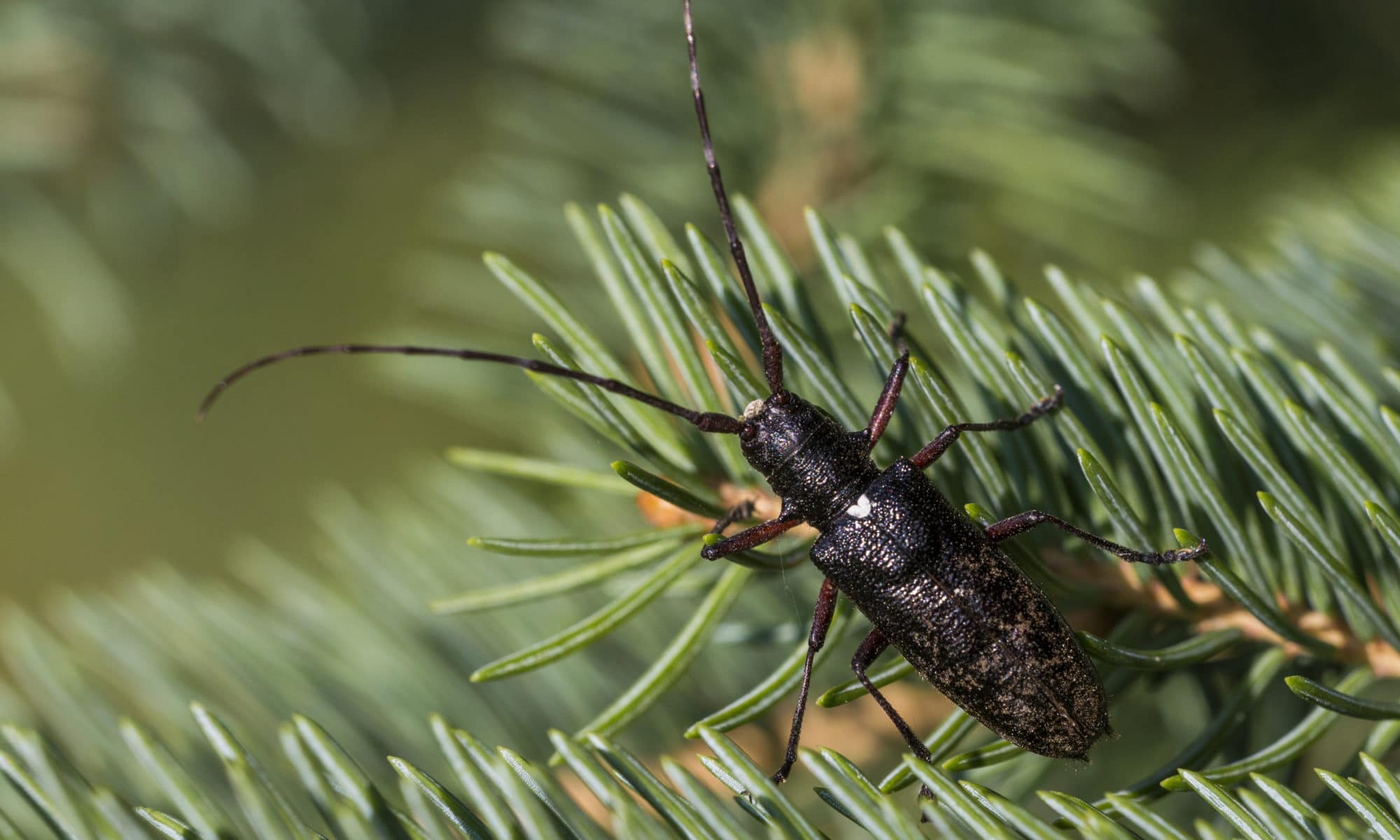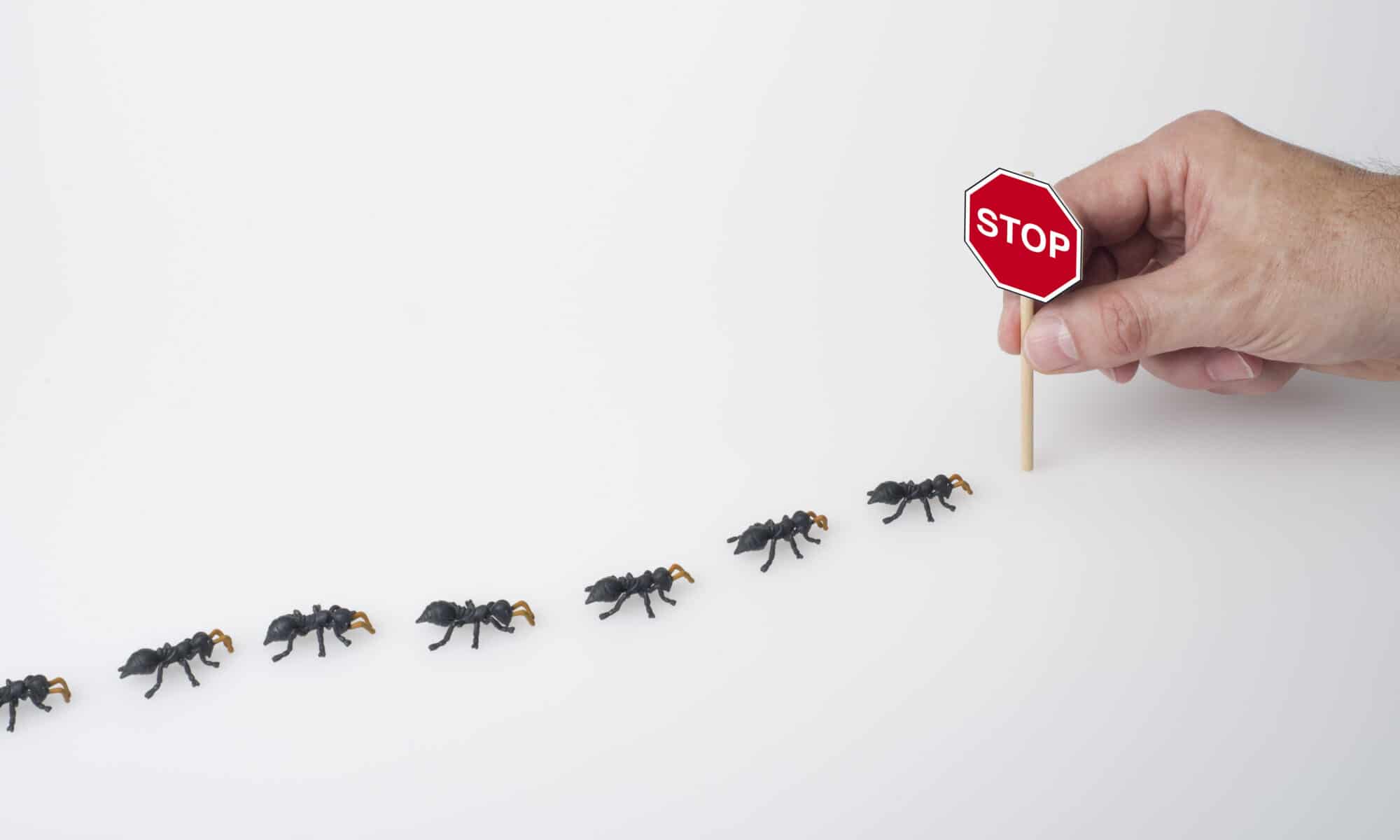
Holidays are full of all things good: gifts, food, visitors. But occasionally, we find ourselves with visitors that were not invited and definitely aren’t wanted. Let’s discuss holiday pest control.
As fall turns into winter and the air outside gets chilly, most of us spend more time indoors.
We aren’t the only ones wanting to cozy up inside as temperatures drop. Spiders, insects, and rodents all gravitate toward heated spaces as it gets colder outside.
If you find yourself with unwanted guests, don’t be a gracious host. Contact Environmental Pest Management for a free quote today. We’ll provide a custom solution to evict those pests and make your season bright.
It’s The Most Wonderful Time Of The Year…

Unless you have an infestation. Consider holiday pest control options to avoid a present you don’t want.
There’s nothing like getting a live tree for your home during the Christmas season. They smell amazing and make an unmatchable centerpiece for the holidays.
Many families make a tradition of trekking to the tree farm, choosing, and even chopping down their tree. Others might get a freshly-cut tree from a corner lot, placing their focus on decorating while sipping a hot mug of cider.
Whether you chopped it down yourself or purchased a tree from a parking lot store, use precautions to avoid holiday pests riding in on those branches.
The best time to inspect your tree is before it’s in your house. Take a close look between the branches. Shake it well before you bring it indoors. This will also release loose pine needles outside, leaving you with less cleanup.
Once your tree is up, you’ll probably reach for your decorations.
Where have you been storing those pretty baubles? If those boxes were in the basement or the garage, they might have become homes to insects or even mice.
Control unwanted holiday pests by opening the box and inspecting its contents before you move it out of the storage area.
If you do find spiders, centipedes, or other unwelcome bugs, empty the container in a place with easy cleanup, such as the garage. Clean the inside of the container with equal parts vinegar and water. Dry thoroughly and check each item as you put it back in the container.
Store your decorations in plastic totes instead of cardboard boxes to control holiday pests. It’s harder for spiders and other insects to get into them. They’re also easier to clean.
A Little Extra Work Will Make That Holiday Hearth More Relaxing.

Everyone loves a crackling fire and a cup of something hot on a winter night. It’s less appealing to trudge across the yard for more firewood.
It’s tempting to put your woodpile within arm’s reach, but it isn’t a good idea. Woodpiles can attract mice. If your firewood is right outside your door, you might find yourself with more than kindling when you reach out for a stick.
Avoid furry holiday pests by keeping your firewood at least twenty feet away from your door. Remove piles of leaves around your house for the same reason.
Don’t Give Pests A Free Ride Home.

Bed bugs have become more prevalent in recent years.
These little tick-like insects are drawn to the smell of carbon dioxide. They avoid light. These two traits make your suitcase full of dirty laundry irresistible.
Whether you’re traveling to get away from it all or traveling to be near loved ones, you’ll probably be spending some time in a hotel room. Follow these tips to make sure you don’t check out with more bodies than you started with.
Take these steps to control holiday pests. At the beginning of your stay, prevent bed bugs from riding home with you:
- Check reviews of your hotel before staying. Any hotel can have bed bugs, but a good hotel will address them swiftly.
- Consider where you put your luggage. Don’t put it on the bed or the luggage rack until you have inspected the room. Leave your luggage in the car or put it in the bathtub (you won’t be setting it on any bed bugs that way) while you check the room.
- Bring a garbage bag or sealing vacuum bag for your used laundry. The smell of sweat that attracts the bugs will be contained.
- Bring an oversized garbage bag for your suitcase. Put the whole suitcase in and seal or fasten it when you aren’t accessing it.
- Inspect your room:
- Use the light on your phone to check over the bed. Look in the seam of the mattress for live bugs or dark spots that could indicate previous or current bugs.
- Check the seams of any upholstered chairs or couches in the room.
- If there is a headboard attached to the wall, use your light to check around the edges and as far behind it as you can see. Do the same with any pictures on the walls.
- Check the luggage rack if you intend to use it.
If you do find bugs in your room, tell management. They should offer you a different room – one that doesn’t share a wall with the buggy room.
Spray your luggage with rubbing alcohol before you head for home. 91% rubbing alcohol is easy to find at drug stores and will kill bugs and eggs on contact. Only do this in a well-ventilated area – you don’t want to breathe it in. Don’t soak the luggage or you may have discolored spots.
When you get home, toss your luggage in the bathtub. Take your laundry out and wash it right away. If you have clothes that aren’t dirty, you can skip the wash and run them through the dryer for 30 minutes on high. The heat will kill any hitchhiking bugs.
Spray your luggage down again with rubbing alcohol and let it air dry. Then vacuum the inside and outside of the suitcase before putting it away.
Enjoy The Holidays With The Ones You Love, And No One Else.
 If you find yourself hosting unwanted pests, don’t accept them like a poorly chosen present. Contact Environmental Pest Management today for a free inspection. We’ll customize pest control services to evict those unwanted guests and make sure they stay out
If you find yourself hosting unwanted pests, don’t accept them like a poorly chosen present. Contact Environmental Pest Management today for a free inspection. We’ll customize pest control services to evict those unwanted guests and make sure they stay out



